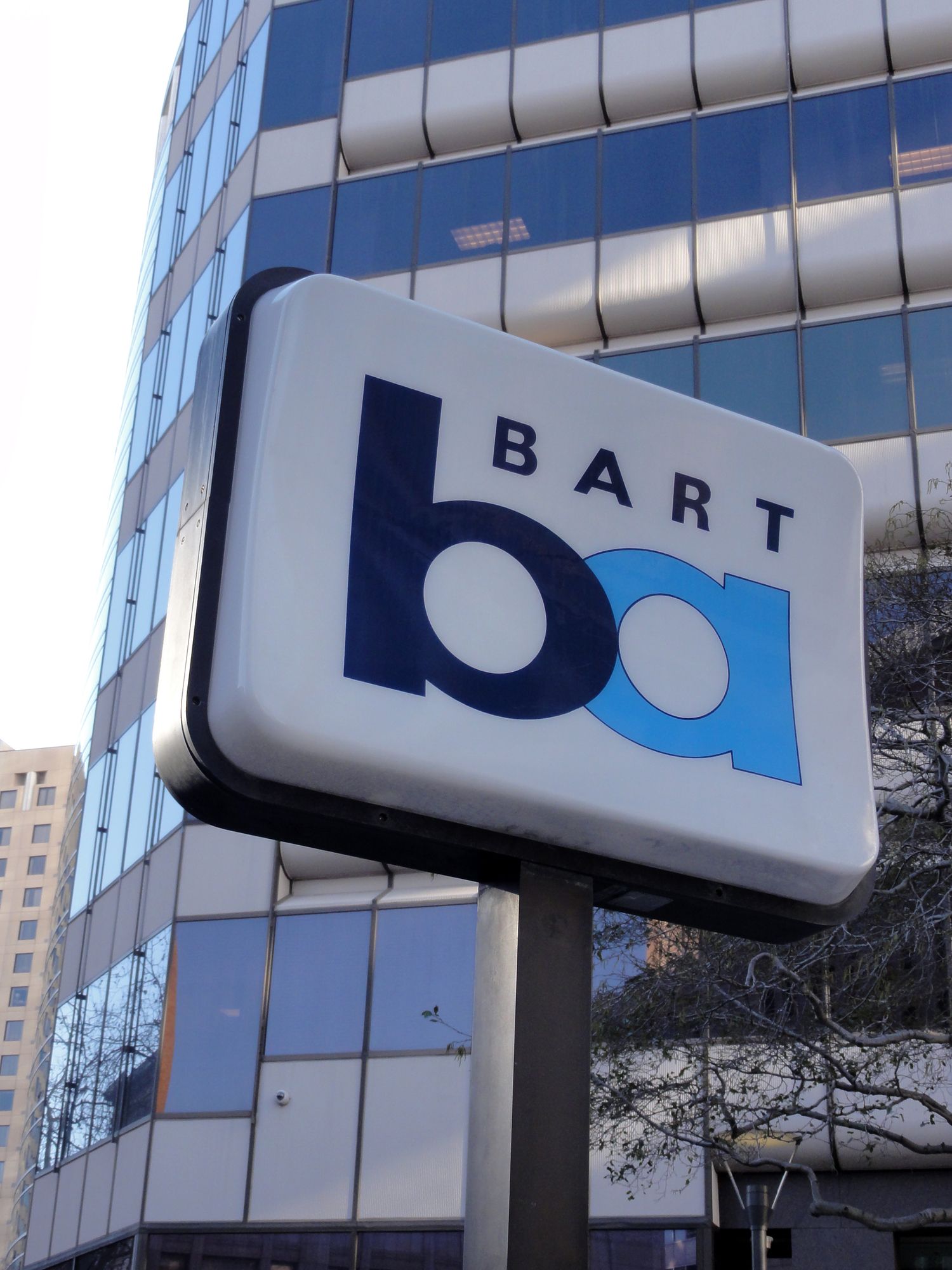 A class action lawsuit has been filed against the San Francisco Bay Area Transit (BART) District and software company Elerts Corp. over the BART Watch mobile application.
A class action lawsuit has been filed against the San Francisco Bay Area Transit (BART) District and software company Elerts Corp. over the BART Watch mobile application.
The complaint alleges that the BART Watch app “secretly collects Californians’ unique mobile device identification numbers” and uses those numbers “to periodically track their precise locations.”
The BART Watch app class action lawsuit states that according to a recent study, 95 percent of Americans own a cell phone, and a majority carry their phones around with them all of the time.
Because it is easy to track a cell phone’s unique identification number, the California legislature passed the Cellular Communications Interception Act in 2015 to curb abuses in cell phone tracking. For example, the Act requires government agencies to “implement a usage and privacy policy.”
The class action asserts that the San Francisco BART District and Elerts Corp. have violated that Act—as well as several other California laws—with its BART Watch app. According to the complaint, “Defendants have convinced tens-of-thousands of Californians to download the app to keep up with transit alerts, report incidents (anonymously or not), and to call the BART police with a press of a button.”
However, the lawsuit claims that in addition to those functions, the BART Watch app secretly collects users’ international mobile equipment identity (IMEI) numbers. The class action argues that in addition to being able to track phones’ physical location using those numbers, the defendants are able to match those numbers with other information, and “deanonymize” those numbers. That is, defendants could pair the IMEI number with a user’s name or other personal information to find out, and track, that person.
This is not the only class action against the San Francisco BART District. In April, a disability rights class action was filed, alleging that the San Francisco BART District and its general manager have failed “to provide and maintain accommodations that make BART stations accessible to persons with mobility disabilities” through neglect. For example, elevators and escalators are frequently broken down or unusable, according to the disability class action.
Here, the illegal spying class action lawsuit contends that the BART Watch app does not disclose its tracking ability with either its description of its uses, its privacy policy, or the permissions the app asks for when it is installed.
The complaint cites the app’s description as providing a “discreet” way to contact police while riding on the San Francisco BART system. Instead of being simply that, the complaint claims that after a “forensic review” of how the app communicates with computer servers, the class action has found that the app collects a user’s unique numeric identifier, location, battery level, and stores it all with a unique “clientid” created by the system. In particular, the class action asserts that the battery level can act as a “fingerprint” to data miners who can use it to uniquely identify persons and track them online.
The illegal spying lawsuit requests certification of a Class of “[a]ll individuals who downloaded and opened the BART Watch app and who had their smartphone’s unique numeric identifier collected by Defendants.” The class action seeks “actual damages, but not less than liquidated damages in the amount of two thousand five hundred dollars ($2,500); punitive damages, reasonable attorneys’ fees and other litigation costs, and other preliminary and equitable relief as the Court determines to be appropriate.”
In addition, the plaintiff asks for an injunction stopping defendants from collecting and storing any unique information from putative Class Members.
The plaintiff is represented by Nina Eisenberg and Eve-Lynn Rapp of Edelson PC.
The BART Watch App Illegal Spying Class Action Lawsuit is Pamela Moreno v. San Francisco Bay Area Rapid Transit District, et al., Case No. 4:17-cv-02911, in the U.S. District Court for the Northern District of California, Oakland Division.
UPDATE: On Aug. 24, 2018, plaintiffs in a class action lawsuit alleging that the public transit agency in San Francisco uses a mobile app to track users’ locations have proposed an injunctive settlement in federal court.
ATTORNEY ADVERTISING
Top Class Actions is a Proud Member of the American Bar Association
LEGAL INFORMATION IS NOT LEGAL ADVICE
Top Class Actions Legal Statement
©2008 – 2025 Top Class Actions® LLC
Various Trademarks held by their respective owners
This website is not intended for viewing or usage by European Union citizens.















One thought on BART Watch App Illegally Spies on Commuters, Class Action Says
Bart Has benn doing this for along time.I was pulled over while trying to board a train and they showed m e ar recording of a person who was not me getting on with no ticket